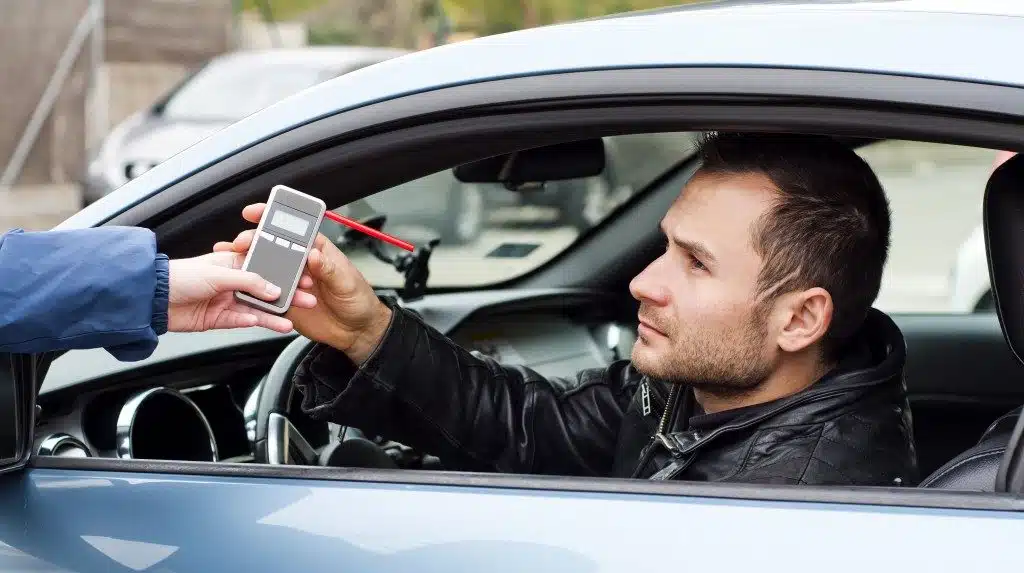DUI (Driving Under the Influence) roadblocks, also known as sobriety checkpoints or DUI checkpoints, have been a subject of controversy for many years. These checkpoints are a proactive measure taken by law enforcement agencies to deter drunk driving and improve road safety. However, they raise questions about the balance between safety and privacy, and their effectiveness in reducing DUI incidents.
In this article, we will explore the concept of DUI roadblocks, their legality, arguments for and against their use, and potential alternatives to address drunk driving while respecting individual rights.
What Are DUI Roadblocks?
DUI roadblocks are stationary checkpoints set up by law enforcement at predetermined locations on public roads. These checkpoints are usually established during high-risk periods, such as holidays or weekends, when alcohol consumption and DUI incidents tend to increase. Their primary goal is to identify impaired drivers and remove them from the roads to prevent accidents, injuries, and fatalities.
Legality of DUI Roadblocks
The legality of DUI roadblocks varies among different countries and states. In the United States, for instance, the Fourth Amendment of the Constitution protects citizens against unreasonable searches and seizures. This has led to debates on the constitutionality of sobriety checkpoints, as they involve stopping vehicles without any probable cause.
In 1990, the United States Supreme Court ruled on the matter in the case of Michigan Department of State Police v. Sitz. The Court held that DUI checkpoints were constitutional as long as they met certain criteria, including a clear public interest in reducing drunk driving, guidelines for checkpoint operations, and limited intrusion on drivers’ rights.
Other countries may have different legal frameworks, and some nations have decided to prohibit DUI checkpoints entirely due to privacy concerns.
Arguments For DUI Roadblocks
- Road Safety: The primary argument in favor of DUI roadblocks is their potential to save lives and prevent injuries. By deterring drunk driving and removing impaired drivers from the road, these checkpoints can significantly reduce the number of alcohol-related accidents.
- Deterrence: Sobriety checkpoints act as a deterrent, encouraging people to think twice before driving under the influence. The fear of getting caught at a checkpoint may dissuade some individuals from making irresponsible decisions.
- Fairness: DUI roadblocks treat all drivers equally, as they stop every vehicle passing through the checkpoint. This prevents profiling and discrimination based on race, ethnicity, or other factors that may occur with traditional traffic stops.
- Community Support: Many communities support the implementation of DUI roadblocks as a measure to increase public safety. They appreciate law enforcement agencies’ proactive approach to tackle the problem of drunk driving.
Arguments Against DUI Roadblocks
- Privacy Concerns: Critics argue that sobriety checkpoints infringe upon individuals’ privacy rights. Stopping vehicles without probable cause may be seen as an unjustified intrusion into the lives of law-abiding citizens.
- Ineffectiveness: Some studies suggest that DUI roadblocks may not be as effective as other measures in reducing drunk driving incidents. Critics claim that officers’ time and resources could be better spent on targeted enforcement and public awareness campaigns.
- Resource Allocation: Sobriety checkpoints require significant manpower and financial resources. Opponents argue that these resources could be better utilized in improving law enforcement’s response to emergency situations or addressing other pressing issues in the community.
- Workarounds: Critics point out that individuals determined to drive under the influence may find alternative routes to avoid checkpoints, rendering them ineffective in catching all potential drunk drivers.
Alternative Approaches
To address the issue of drunk driving while preserving individual rights, several alternative approaches can be considered:
- Roving Patrols: Law enforcement agencies can allocate resources to conduct roving patrols that actively look for signs of impaired driving. This method avoids stationary checkpoints and randomizes enforcement efforts, potentially increasing the effectiveness of catching drunk drivers.
- Ignition Interlock Devices (IIDs): Installing IIDs in vehicles of convicted DUI offenders can prevent them from starting their vehicles if alcohol is detected in their breath. Expanding the use of IIDs could be an effective way to target high-risk individuals while respecting their privacy when not under suspicion.
- Public Awareness Campaigns: Increasing public awareness about the dangers of drunk driving and its consequences can foster responsible behavior. Education and prevention programs could be more cost-effective and less intrusive than DUI checkpoints.
- Enhanced Taxi Services: Improving transportation options during peak hours can encourage individuals to leave their vehicles at home when they plan to consume alcohol.
Conclusion
DUI roadblocks remain a contentious issue, as they present a balance between public safety and individual privacy rights. While they have the potential to deter drunk driving and make roads safer, concerns about their effectiveness and privacy implications persist.
Moving forward, communities and lawmakers should engage in open dialogue to find innovative solutions that effectively address drunk driving while respecting individual rights. Striking the right balance between safety and privacy is essential to create a safer society for everyone on the road.
Lucas Noah, armed with a Bachelor’s degree in Information & Technology, stands as a prominent figure in the realm of tech journalism. Currently holding the position of Senior Admin, Lucas contributes his expertise to two esteemed companies: OceanaExpress LLC and CreativeOutrank LLC. His... Read more
